By [Gorata Ogotseng Corporate Communications Manager], Norsad Capital
Ask most entrepreneurs what their biggest challenge is and there’s a good chance they’ll list access to investment and funding among them. That’s particularly true in many of Africa’s biggest entrepreneurial markets too.
In a survey released by the Entrepreneurs’ Organisation (EO) South Africa earlier this year, for instance, nearly half of South African entrepreneurs said they don’t get enough funding from the public or private sectors. Another survey released by East Africa Com, meanwhile, saw 59% of East African entrepreneurs list a lack of access to investors as a significant business barrier. Similarly, a 2021EFInA report found that 70% of Nigerian startups and scale-ups struggled with access to finance post-COVID-19.
As important as improving access to that funding is, it’s almost as critical that entrepreneurs identify the funding models best suited to their business needs. The wrong funding model can, after all, mean that entrepreneurs end up over-diluting their equity in the business or taking on too much debt. But what do those funding models look like? And what advantages does each model offer?
Debt vs equity
One of the first distinctions that all entrepreneurs should understand is the difference between debt and equity-based financing.
Debt-based financing simply involves borrowing money, usually at interest, from lenders. For some businesses, that may mean borrowing from traditional financial institutions such as banks. Others may instead go to private lenders. Regardless of how well or badly the business performs, the lent money must be paid back. That said, it does ensure that entrepreneurs retain a greater degree of control over their businesses.
Equity financing, on the other hand, involves selling ownership shares (equity) in the company to investors, such as shareholders or venture capitalists. While it doesn’t create an obligation to repay any money, it does mean that entrepreneurs end up with a reduced stake in the business. And because they’re part owners, they may not have a full say in how the business is run.
Choosing whether to take one approach or the other (or a combination of the two), largely depends on a company’s financial situation, risk tolerance, and its desire to maintain control or share ownership with external investors.
Beyond the basics
Beyond those basics, most organisations that offer funding will provide a range of funding models. These include, but are not limited to:
Senior debt finance
Senior debt is a company’s highest priority debt that must be repaid first during bankruptcy. This kind of financing is typically secured against some type of collateral (the company’s physical assets, for example) although its can also be unsecured. In the event of bankruptcy or if the loan goes into default, the collateral of a secured senior debt facility may be sold to cover the debt. Unsecured senior debt holders can file claims against the company’s general assets.
Unitranche finance
Unitranche finance combines the various forms of debt held by a business into one loan. Under this form of financing, the borrower pays a blended interest rate and has a predictable repayment schedule that can be tailored to the borrower’s needs. Unitranche financing can enable medium-sized companies to access financing that would be impossible to get from a bank.
Second lien finance
Second lien debt is secured debt that ranks equally for payment with senior debt and shares the same security package. Second-lien loans are not debt subordinated to first-lien loans, only on the capital pledged to secure the loan. This means that in the event of bankruptcy, the second lien ranks behind senior debt in the receipt of proceeds from shared collateral.
Mezzanine finance
Mezzanine finance is a hybrid form of financing that includes aspects of debt and equity-based funding. In addition to being used for expansion or recapitalisation, mezzanine finance can be utilised to acquire other businesses, for management buyouts, and to minimise dilution of equity. Companies will usually consider mezzanine financing to finance business goals when they have reached their senior debt borrowing ceiling or want to preserve future senior debt capacity.
Choosing the right model
Knowing what these various models entail and what they’re used for should go some way to helping entrepreneurs figure out which one is best for them. That said, it’s worth breaking it down a little further. When deciding on a model to pursue, entrepreneurs should consider their capital needs, risk tolerance, how much (if any) ownership and control they’re willing to give up, the cost of the capital, and the negotiated terms offered by the lender or investor.
If the business has relatively low capital needs, for instance, a traditional bank loan or senior debt may be the best option. On the other hand, if the business is on an aggressive growth trajectory, it may be more inclined to take on a more high-risk form of funding such as mezzanine finance.
Fortunately, businesses aren’t on their own when it comes to making such choices. A good lending or investment institution will work with the company to figure out the best funding structure for it. Even with that assistance, however, it’s still important that the business undertakes a thorough financial analysis, interrogates the terms of each financing option, and makes a decision that aligns with the company’s goals and risk profile.

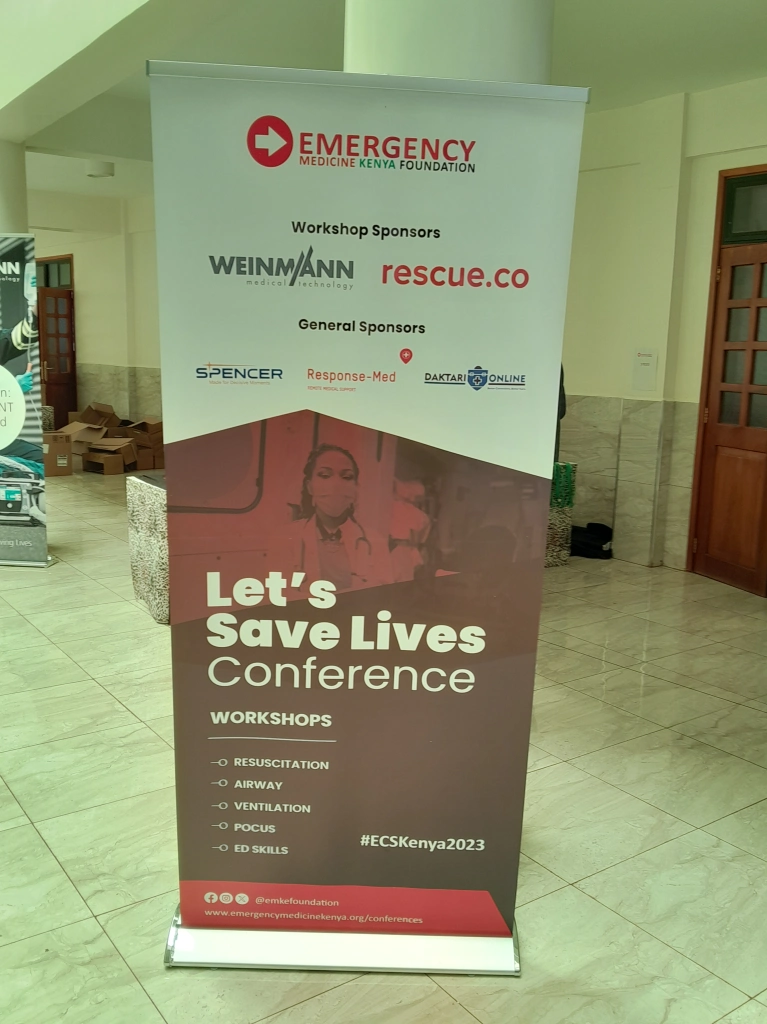



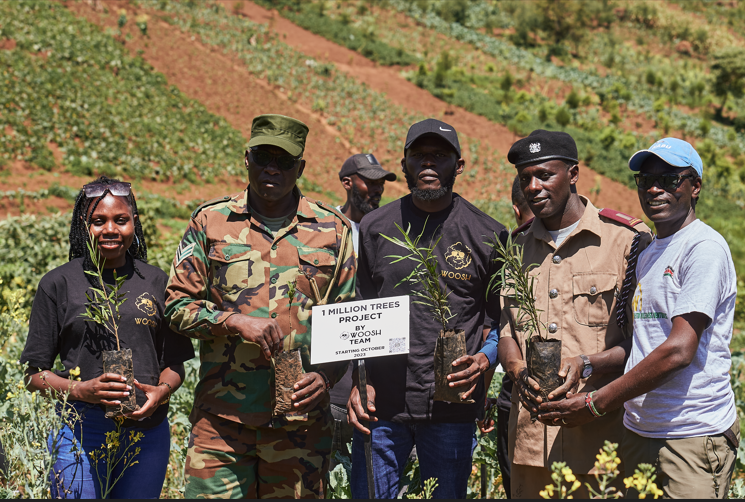
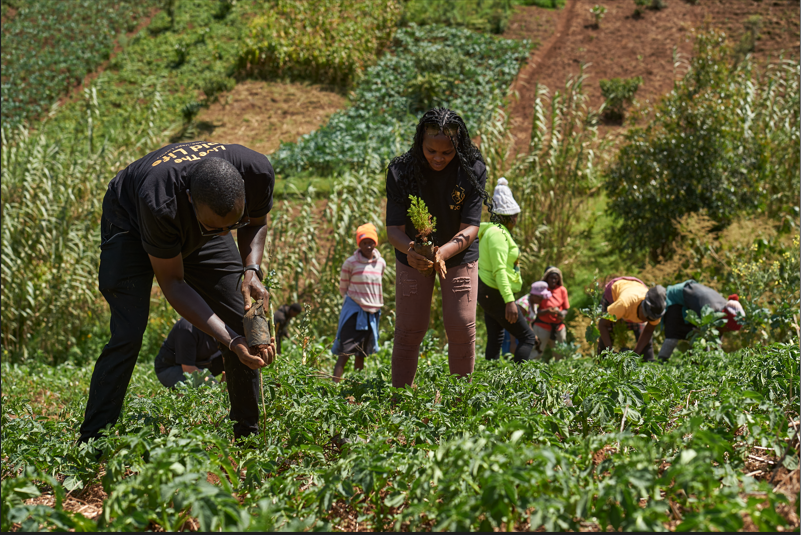
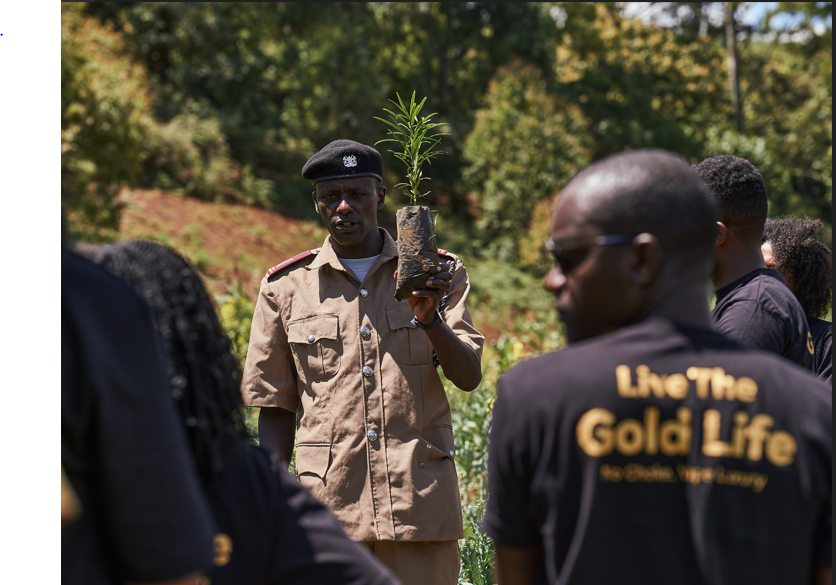
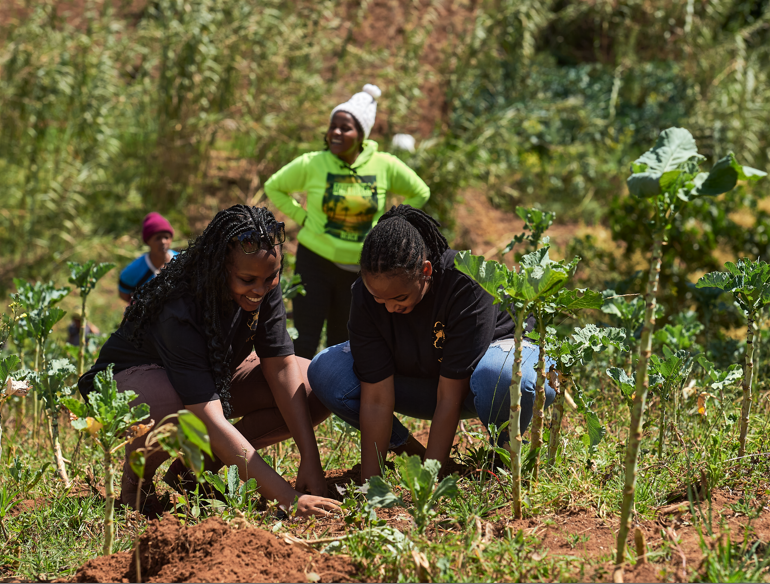
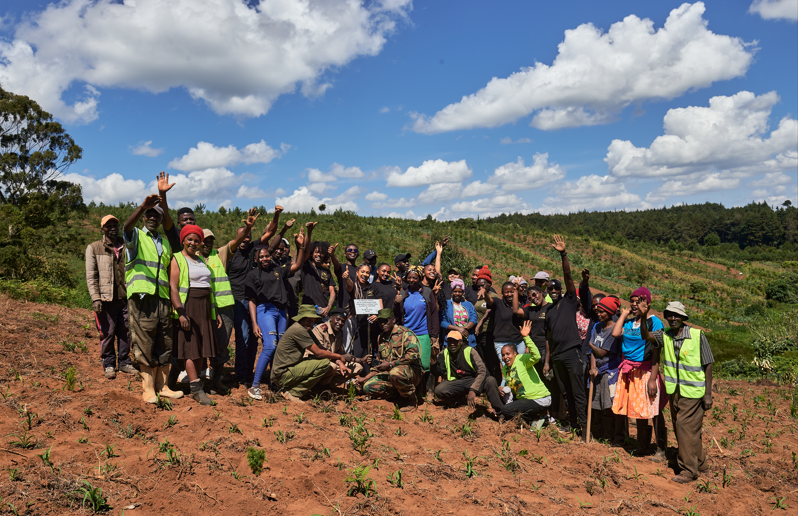
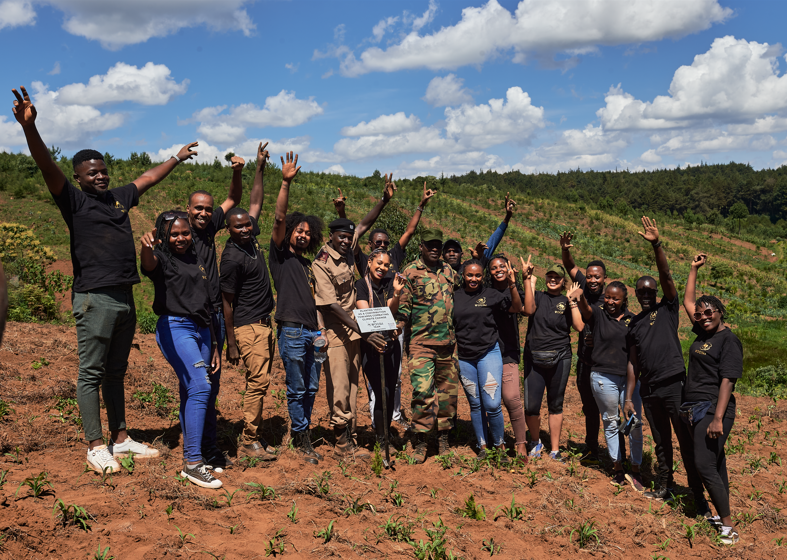
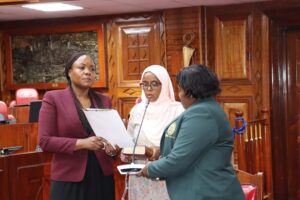
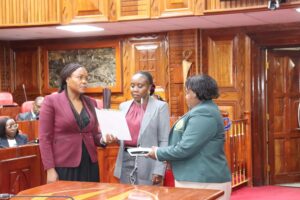
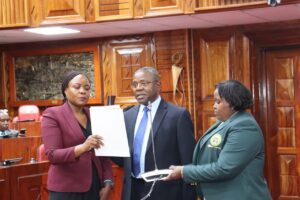
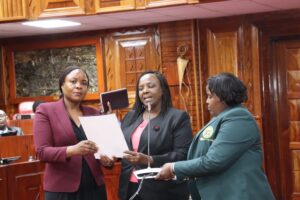



 Flanked by several party members led by Francis Makambo Nyangweso, Joseph Mbalia, Justus Kegode, and Oscar Binyenya, the acting Chairman urged interested members to register in large numbers by pressing *509#0k in order to boost the party.
Flanked by several party members led by Francis Makambo Nyangweso, Joseph Mbalia, Justus Kegode, and Oscar Binyenya, the acting Chairman urged interested members to register in large numbers by pressing *509#0k in order to boost the party.